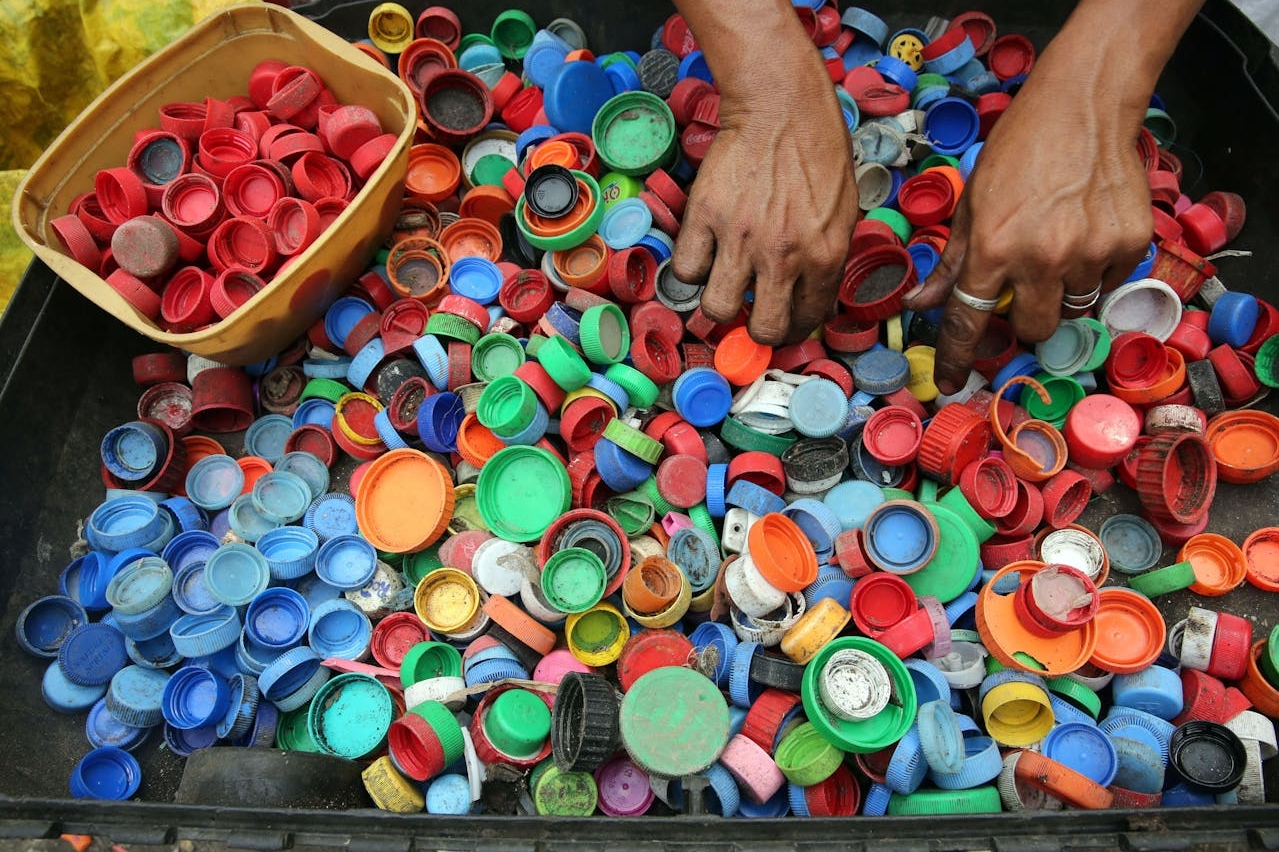In response to growing environmental concerns, Indian plastic manufacturers are increasingly adopting sustainable practices to meet the expectations of their US buyers. From recycling initiatives to the use of eco-friendly materials, Indian manufacturers are embracing environmentally responsible approaches that align with the sustainability goals of the US market. Veritas Sourcing, committed to fostering sustainable trade practices, explores the sustainable practices adopted by Indian plastic manufacturers and their relevance to US buyers.
- Recycling and Circular Economy: Indian plastic manufacturers prioritize recycling and circular economy principles to minimize plastic waste and promote resource conservation. By investing in recycling infrastructure, implementing closed-loop systems, and sourcing recycled materials, manufacturers reduce reliance on virgin plastics and divert plastic waste from landfills. These sustainable practices resonate with US buyers who seek environmentally responsible suppliers committed to reducing plastic pollution.
- Biodegradable and Compostable Materials: Indian manufacturers are exploring alternatives to traditional plastics by incorporating biodegradable and compostable materials into their product offerings. Bioplastics derived from renewable sources such as plant-based polymers and biodegradable additives offer viable alternatives to conventional plastics, reducing environmental impact and enhancing end-of-life disposal options. US buyers seeking eco-friendly packaging solutions appreciate the availability of biodegradable and compostable plastic alternatives from Indian manufacturers.
- Energy Efficiency and Emissions Reduction: Indian plastic manufacturers prioritize energy efficiency and emissions reduction initiatives to minimize their carbon footprint and environmental impact. By investing in energy-efficient machinery, optimizing production processes, and adopting clean energy technologies, manufacturers reduce energy consumption and greenhouse gas emissions associated with plastic manufacturing. These efforts align with the sustainability goals of US buyers who prioritize working with suppliers committed to reducing their environmental footprint.
- Waste Management and Pollution Control: Indian manufacturers implement waste management and pollution control measures to mitigate the environmental impact of plastic manufacturing operations. Effluent treatment systems, air pollution control devices, and solid waste management practices help manufacturers minimize pollution and comply with environmental regulations. By prioritizing responsible waste management and pollution control, manufacturers demonstrate their commitment to environmental stewardship and meet the expectations of US buyers concerned about environmental sustainability.
- Lifecycle Assessment and Product Design: Indian manufacturers conduct lifecycle assessments and integrate sustainability principles into product design and development processes. By evaluating the environmental impacts of plastic products throughout their lifecycle, manufacturers identify opportunities to reduce resource consumption, minimize waste generation, and improve end-of-life disposal options. Sustainable product design resonates with US buyers who seek environmentally friendly products and sustainable packaging solutions.
- Certifications and Compliance: Indian manufacturers obtain certifications and adhere to international standards to validate their commitment to sustainability and quality. Certifications such as ISO 14001 (Environmental Management System) and ISO 9001 (Quality Management System) demonstrate manufacturers’ adherence to environmental best practices and continuous improvement. Compliance with sustainability standards and regulations meets the expectations of US buyers who prioritize working with certified and environmentally responsible suppliers.
- Supplier Transparency and Accountability: Indian manufacturers promote transparency and accountability in their supply chain operations, ensuring responsible sourcing of raw materials and ethical business practices. By conducting due diligence on their supply chain partners, monitoring supplier performance, and implementing supplier codes of conduct, manufacturers uphold high standards of social and environmental responsibility. Supplier transparency and accountability resonate with US buyers who value working with suppliers committed to ethical and sustainable practices.
By adopting sustainable practices such as recycling, biodegradable materials, energy efficiency, waste management, lifecycle assessment, and certification compliance, Indian plastic manufacturers address environmental concerns and meet the sustainability expectations of their US buyers. Veritas Sourcing serves as a strategic partner, facilitating collaboration between Indian manufacturers and US buyers, and supporting the adoption of sustainable practices that drive mutual environmental and business benefits. With our commitment to sustainable trade practices and client success, we empower manufacturers and buyers to achieve their sustainability goals and contribute to a greener future.




